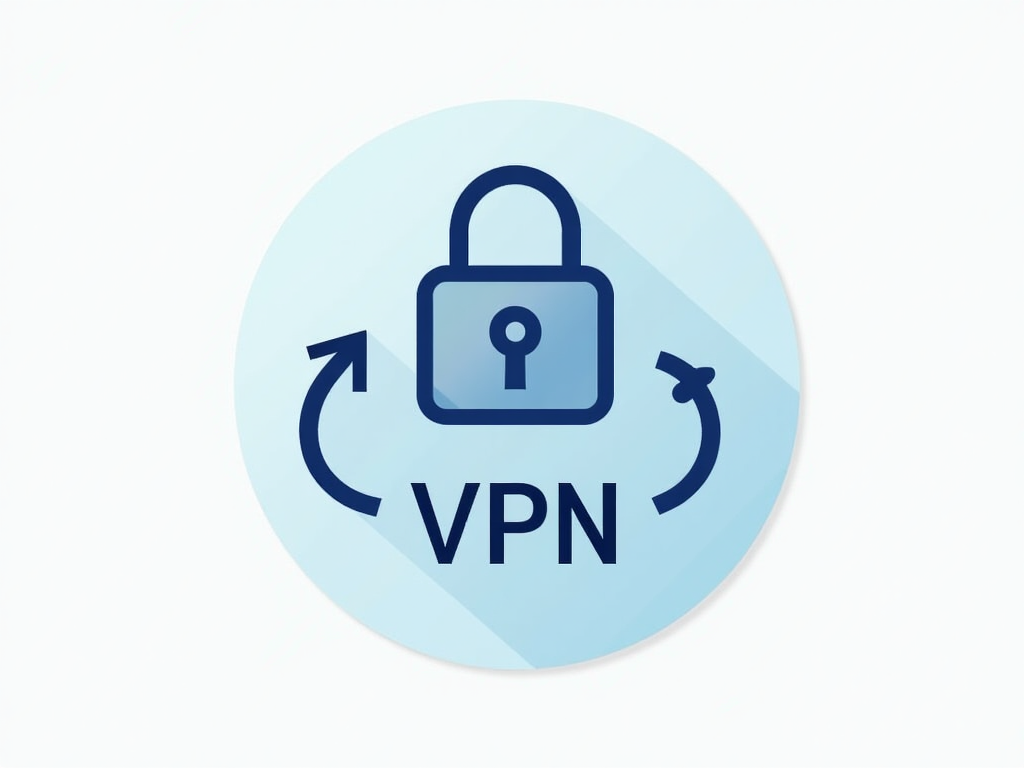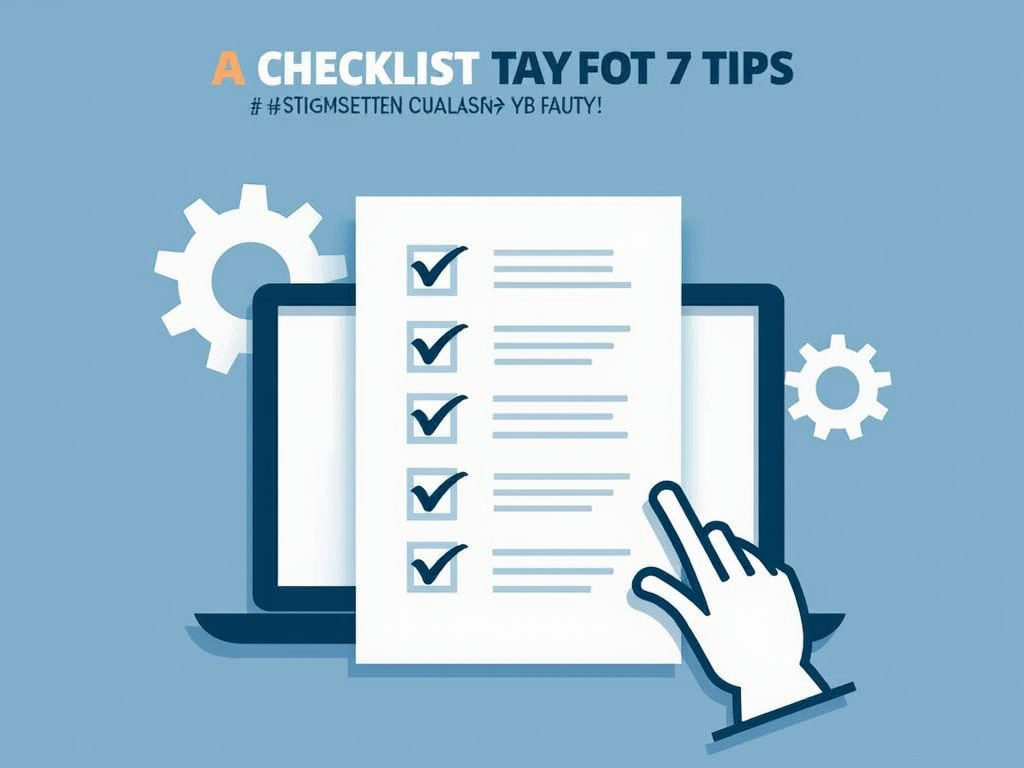How to Stay Safe Online: A Beginner’s Guide
In today's digital world, staying safe online is more important than ever. This guide will teach you the essential steps to protect your privacy and security on the internet.
Understanding the Risks
Before we dive into the tips, it's important to understand the common threats you might face online. Here are a few of the most prevalent risks:
- Phishing: Phishing is when scammers try to trick you into giving them your personal information, like passwords or credit card numbers, by pretending to be a legitimate company or organization.
- Malware: Malware is malicious software that can infect your computer or device, stealing your data or causing damage.
- Identity Theft: Identity theft is when someone steals your personal information to commit fraud, like opening credit cards in your name.
Additionally, your online activities can be tracked by companies and even governments, so it's crucial to take steps to protect your privacy.

Practical Tips for Staying Safe Online
Now that you understand the risks, let's look at some practical steps you can take to protect yourself:
- Use Strong Passwords: Use a unique, complex password for each of your online accounts. A good password should be at least 12 characters long and include a mix of letters, numbers, and symbols.
- Enable Two-Factor Authentication: Two-factor authentication adds an extra layer of security to your accounts by requiring a second form of verification, like a code sent to your phone, in addition to your password.
- Be Cautious with Emails and Links: Be wary of emails from unknown senders, and never click on links or download attachments from suspicious emails.
- Keep Your Software Up to Date: Regularly update your operating system, web browser, and other software to ensure you have the latest security patches.
- Use a VPN: A VPN, or virtual private network, encrypts your internet connection, making it harder for others to track your online activities.



Advanced Measures for Enhanced Security
For those who want to take their online safety to the next level, here are some advanced measures you can consider:
- Use Tor for Anonymous Browsing: Tor is a free software that allows you to browse the internet anonymously by routing your connection through a network of volunteer-operated servers.
- Use Encrypted Messaging Apps: Apps like Signal or WhatsApp use end-to-end encryption to protect your messages from being intercepted by third parties.
- Be Mindful of What You Share Online: Be cautious about sharing personal information on social media or other public platforms, as this information can be used by scammers or identity thieves.


Summary
Staying safe online doesn't have to be complicated. By following these simple tips and being mindful of your online activities, you can protect your privacy and security on the internet.
